Consumables for cryogenic trimming machine – supply of liquid nitrogen
Apr 10, 2024
Consumables for cryogenic trimming machine – supply of liquid nitrogen
The frozen cryogenic deflashing machine, as an essential auxiliary manufacturing machinery in the production process of rubber enterprises, has been indispensable.
However, since its entry into the mainland market around the year 2000, local rubber enterprises have little knowledge of the working principles and processes of the frozen trimming machine.
Therefore, this article will provide a detailed introduction to the storage and supply methods of the cryogen, liquid nitrogen, for cryogenic deflashing machine.
In the past, liquid nitrogen was typically stored in separate liquid nitrogen tanks.
Therefore, when purchasing a cryogenic trimming machine, it was necessary to buy a matching liquid nitrogen tank to ensure the proper operation of the machine.
The installation of the liquid nitrogen tank required approval from the relevant authorities, which was a cumbersome process, and the tanks themselves were expensive.
This has led many factories that urgently need to use cryogenic deflashing machines to improve work efficiency to hesitate, as it also involves a certain upfront cost investment.
Nanjing Pegedeflashing has introduced a liquid nitrogen manifold supply station to substitute for liquid nitrogen tanks. T
his system centralizes the gas supply of individual gas points, enabling multiple low-temperature Dewar flasks to be combined for centralized gas supply. It solves the cumbersome process of handling liquid nitrogen tanks, allowing customers to operate the frozen edge trimming machine immediately after purchase.
The main body of the system simultaneously connects three bottles of liquid nitrogen Dewar flasks, and it also includes a port that can be expanded to accommodate four bottles.
The cryogenic deflashing system pressure is adjustable and equipped with a safety valve. It’s easy to assemble and can be mounted on the wall using a triangular bracket or placed on the ground using the bracket.
Read More
 English
English français
français español
español







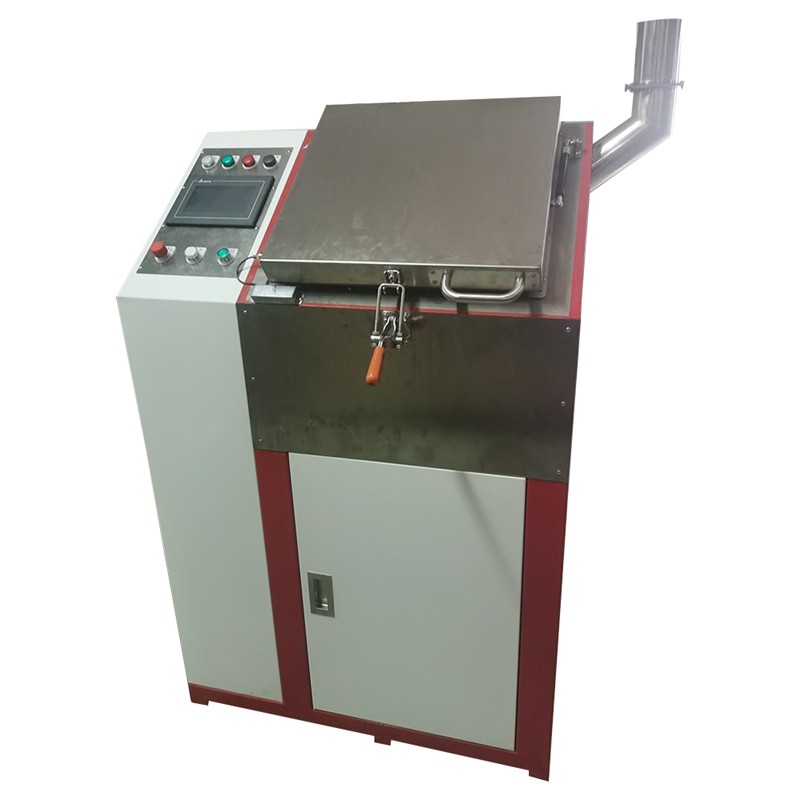
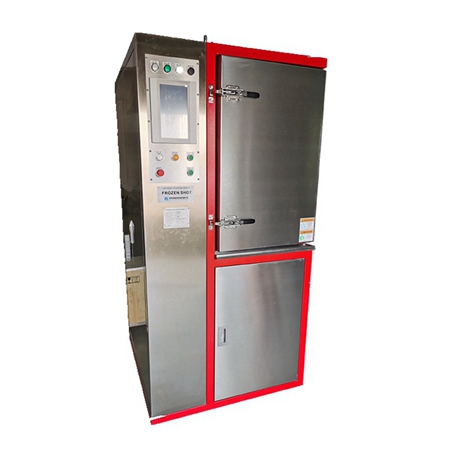
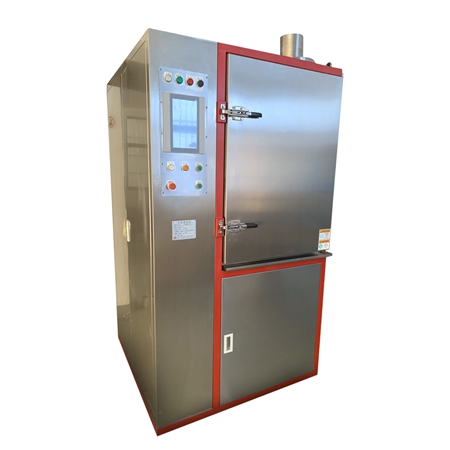
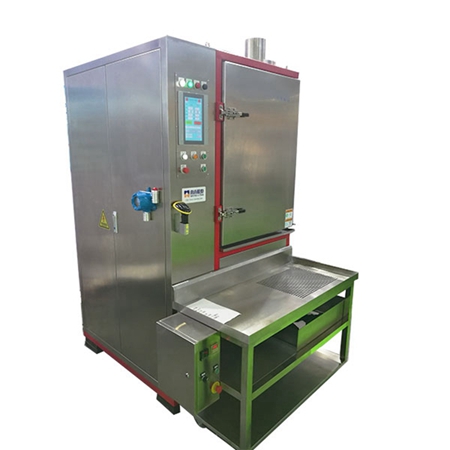
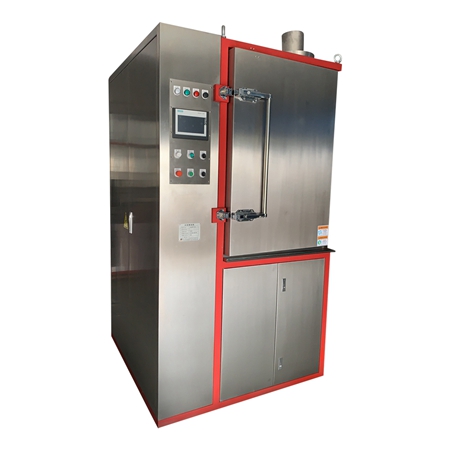
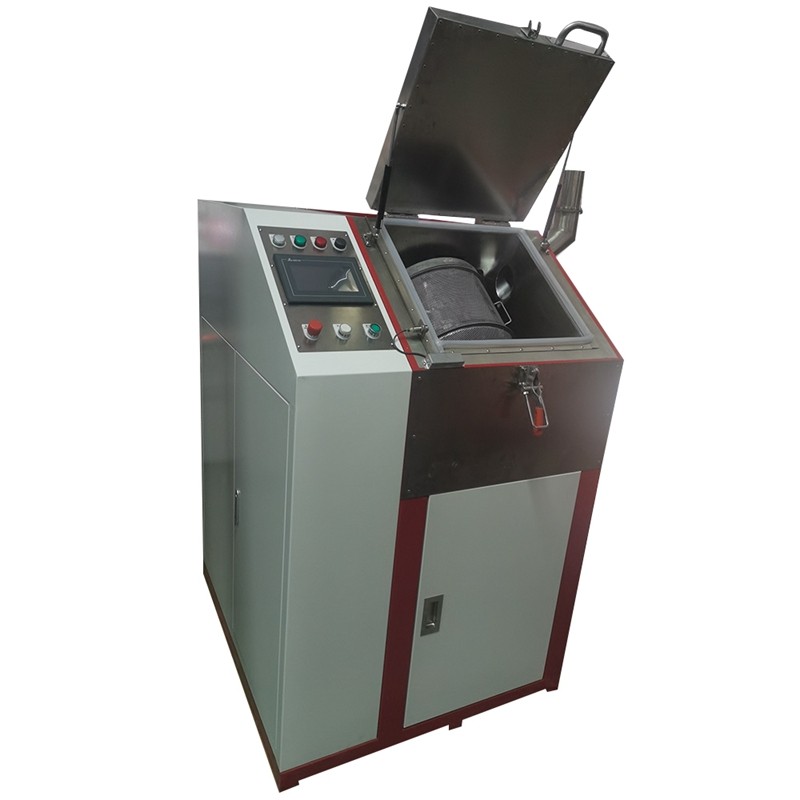
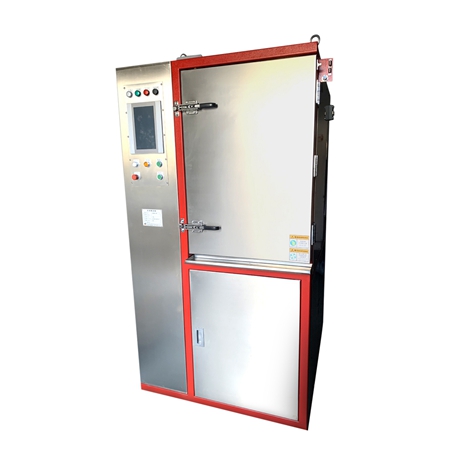
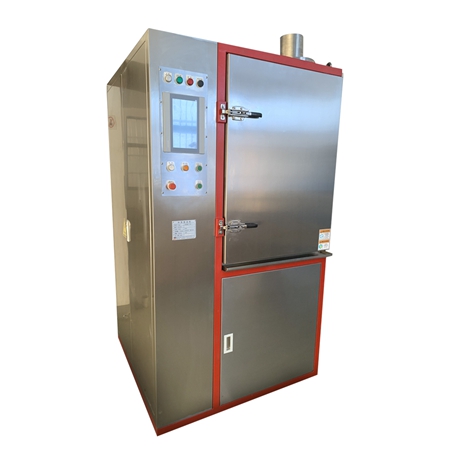
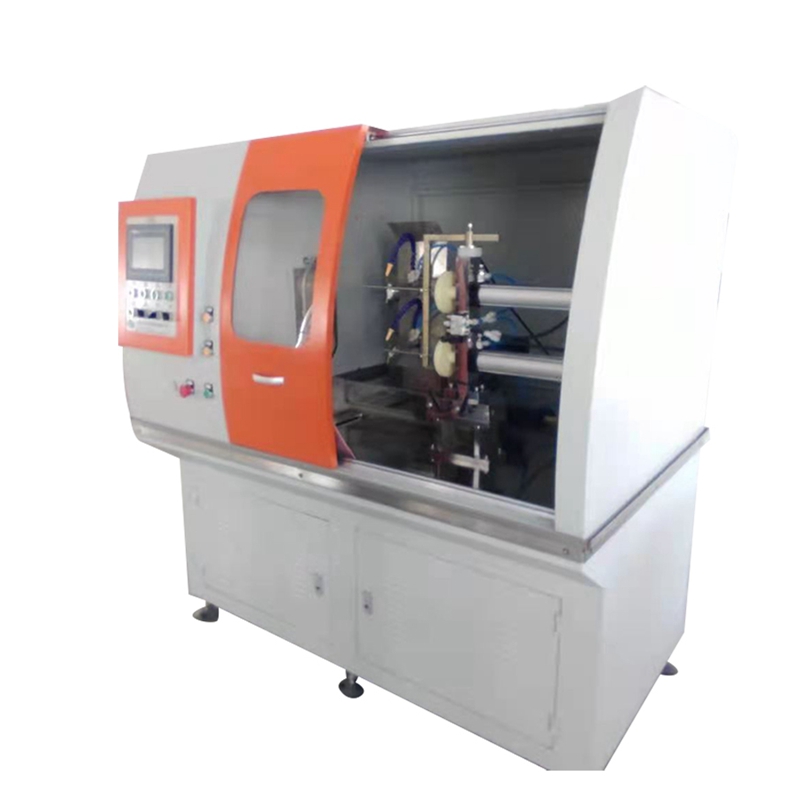
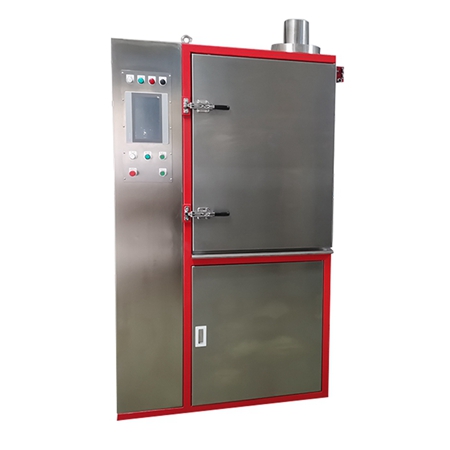
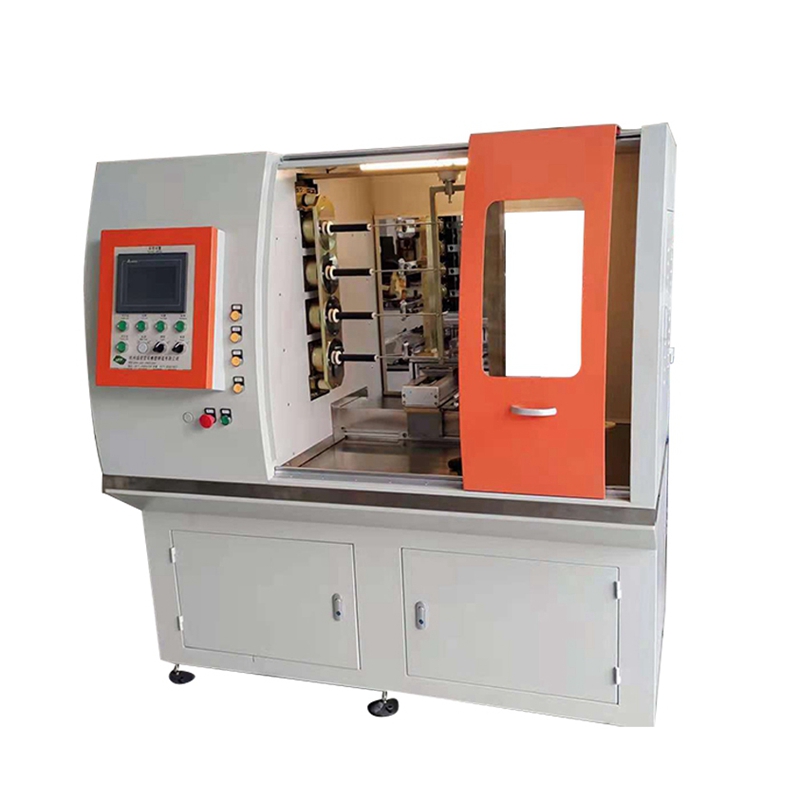

 IPv6 network supported
IPv6 network supported